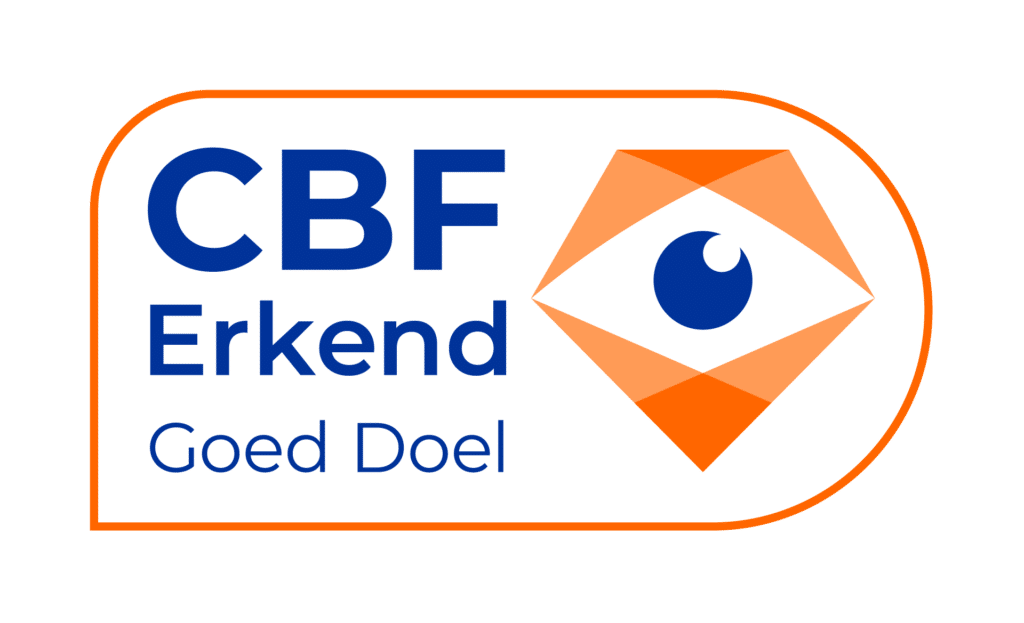For Scientists
For more than 27 years, the Dutch Parkinson Foundation (ParkinsonFonds) has funded fundamental scientific research into the causes of Parkinson’s disease. Without understanding the cause, we cannot find a solution. Thorough research into causes, consequences, treatments and solutions is costly and time-consuming. And urgently needed, especially now that Parkinson’s disease is the fastest‑growing brain disorder and is increasingly diagnosed in younger people.
If you’d like to apply for a research grant or if you’re looking for the requirements and reporting templates, you can find all necessary documents and information to submit your application on this page. Click the button to view the application form and conditions.
Frequently Asked Questions
Who is eligible to apply for a research grant?
You must be a Principal Investigator holding a permanent position of at least postdoctoral or associate professorship level at a Dutch university, medical center, or another nonprofit Dutch research institute.
You are expected to hold this position for the entire duration of the project for which funding is requested.
You may not submit more than one grant application as PI or co‑PI in the same call. You may participate as staff in another application.
Co‑PIs or staff from other European countries may potentially be included.
There is no fixed or maximum budget, but grants typically supported by the Parkinson Foundation are around €200‑300k over 3–4 years.
Funding can be requested for research staff salaries (PhD candidates, postdocs, technicians), consumables, small equipment, and other costs (e.g., travel and publication). The PI’s own salary may not be included.
A detailed budget must be supplied; up to 10% of total direct costs may be added for overhead.
- Please note that all applications are screened for compliance with the guidelines and completeness before evaluation by the Scientific Advisory Board (SAB) of the Parkinson Foundation.
What do I need to submit to apply for a research grant?
To apply for a research grant from the ParkinsonFonds (SPF), you must submit the following documents and information:
Application form:
Complete the application form available on our website.
CV:
- Submit a curriculum vitae (CV) describing your professional background and experience. This applies not only to the Principal Investigator but also to other participants in the research project.
Research proposal:
Provide a detailed research proposal that includes the following aspects:
Relevance to understanding the causes, mechanisms, or pathophysiology of Parkinson’s disease.
Quality of the project, including clarity, originality, methodological soundness, feasibility, ethical considerations, and value for money.
A clear budget that breaks down expected costs across various categories such as research staff salaries, consumables, small equipment, and other expenses (e.g., travel, publication costs).
Possible overhead costs, which may amount to up to 10% of the total direct costs.
Publication and funding track records:
- Provide information on the publication and previous funding track records of the Principal Investigator and other participants in the field of Parkinson’s disease (PD) research.
Other relevant documentation:
Include any other documentation that may be relevant for the evaluation of the application.
Make sure all documents and information are submitted in English, as specified in the guidelines. After submission, the application will be screened for compliance with the guidelines and completeness before being assessed by the Scientific Advisory Board (SAB) of the SPF.
Who can I contact with questions about research grants?
For questions regarding research grants, you can contact Lex Knobben, the Director of the ParkinsonFonds.
He can be reached by email at: lexknobben@parkinsonfonds.nl. You can also contact us by phone at: +31 (0)23 – 554 0754.
If you have any questions or need additional information about applying for a research grant, Lex Knobben is the person to reach out to for assistance and clarification.
Scientific advisory board
The Scientific Advisory Board advises the ParkinsonFonds on research proposals and monitors the progress of ongoing studies. This ensures that your donation is spent wisely.
Prof. dr. E. Aronica
Professor Neuropathology UMC Amsterdam Faculty of Medicine
Prof. dr. V. Bonifati
Professor of Genetics of movement Disorders Erasmus MC Rotterdam Faculty of Clinical Genetics
Prof. dr. A.M. Dolga
Associate Professor Regenerative Neuropharmacology University of Groningen Faculty of Science and Engineering
Prof. dr. K.L. Leenders
Professor of Neurology UMC Groningen Faculty of Neurology
Prof. dr. R.M.A. de Bie
Professor of Neurology at Amsterdam MC (AMC)
Prof. dr. K. Broersen
Associate Professor at the University of Twente Faculty of Science and Technology
Recently approved
Hoe muizen ons helpen aDBS verder te ontwikkelen
De CLOSE-PD studie onderzoekt een slimmere versie van DBS: adaptieve DBS (aDBS). Dit systeem past de stimulatie automatisch aan op basis van hersenactiviteit, waardoor de behandeling mogelijk...
DBS slimmer, preciezer en effectiever maken
De CLOSE-PD studie onderzoekt een slimmere versie van DBS: adaptieve DBS (aDBS). Dit systeem past de stimulatie automatisch aan op basis van hersenactiviteit, waardoor de behandeling mogelijk...
Kunnen hersenscans parkinson voorspellen?
Een internationale studie laat zien hoe hersenscans mogelijk vroegtijdig kunnen voorspellen wie parkinson krijgt.
Nieuw inzicht in celdood van dopamine neuronen kan parkinson onderzoek vooruithelpen
Wetenschappers weten al langer dat het gen Pitx3 belangrijk is voor dopamine neuronen, maar het was nog niet duidelijk wanneer de cellen afsterven en wat het precies...
Wat is het effect van glyfosaat op parkinson?
Dit onderzoek beoordeelt bestaande studies om te bepalen of blootstelling aan glyfosaat kan bijdragen aan parkinson. Het onderzoekt hoe glyfosaat dopamine kan beïnvloeden, celdood kan veroorzaken of...
Het optimaliseren van DBS en de ontwikkeling van aDBS
Ons doel is om diepe hersenstimulatie (DBS) voor Parkinson-patiënten slimmer en effectiever te maken. Dankzij dit onderzoek is de ontwikkeling van adaptieve DBS (aDBS) mogelijk gemaakt, waarbij...


